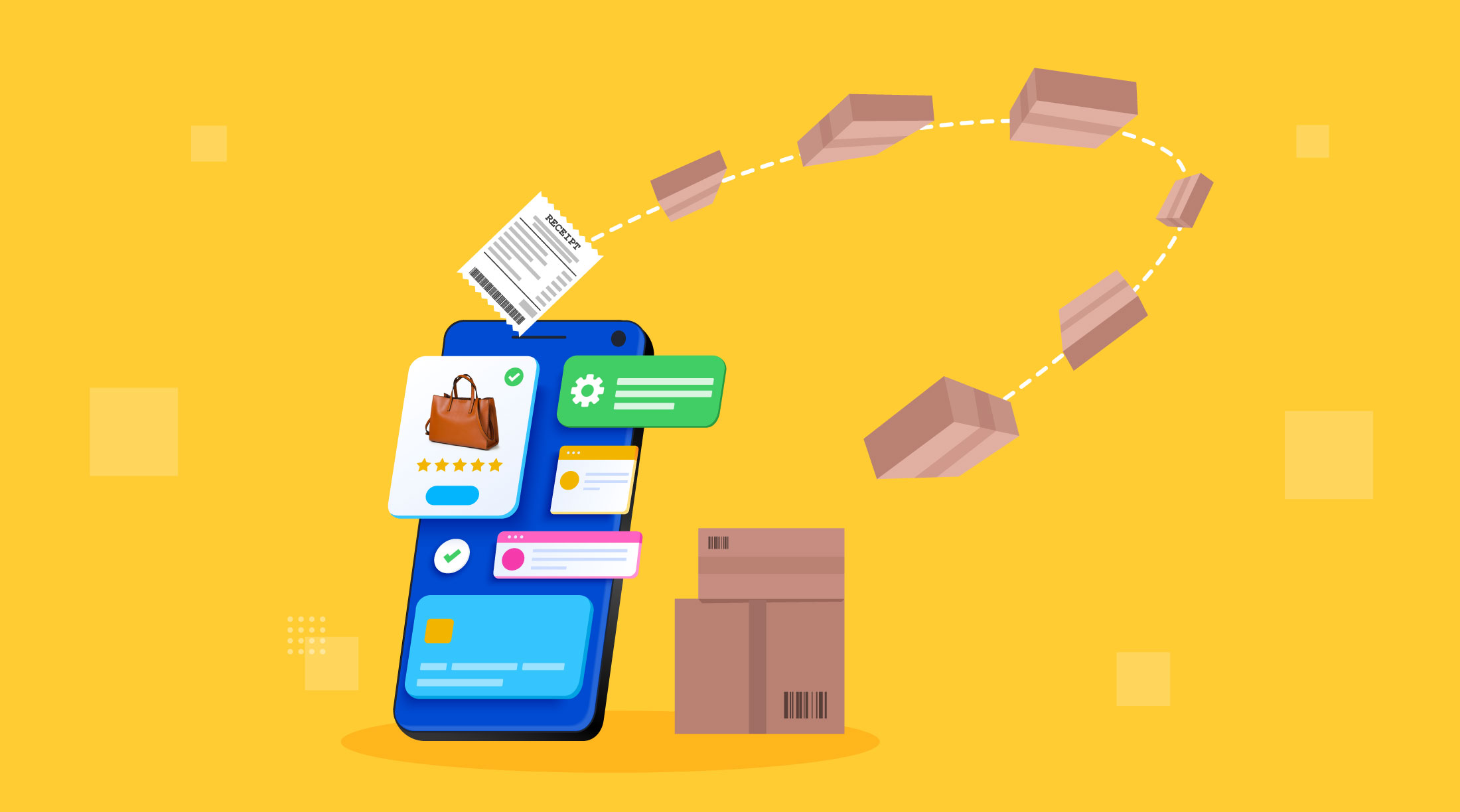
Want an e-commerce app? Here’s all you need to know beforehand
June 24, 2024With shopping increasingly moving into the digital space, now is the perfect time to consider developing an e-commerce app for your business. As consumers spend more of their free time shopping online, having a robust and user-friendly app can significantly boost your market presence. Before diving into the app development process, there are some crucial considerations and preparations you need to make.
Know your market: conduct thorough research
Understanding your market is the first step in building a successful e-commerce app. Identify your target audience: who are they, where are they located, what are their ages, genders, and interests? Detailed answers to these questions will help you tailor your app to meet the specific needs and preferences of your prospective customers.
Understand payment gateways
A payment gateway is essential for facilitating payment transactions between your app and the payment system. This service can be provided by a bank or a specialised financial service provider. Payment gateways encrypt sensitive information to keep transaction details secure. Familiarise yourself with various payment gateway options to choose the best one for your app.
Also read: Designing digital products for millennials: The two most important rules to follow.
Know your payment processors
Payment processors are third-party companies that handle payment transactions by verifying details with the bank and completing the transaction. They ensure transactions are valid and secure using anti-fraud measures. Popular payment processors in the US include PayPal, Stripe, and BitPay. Selecting a reliable payment processor is crucial for seamless transactions and customer trust.
Choose the right app details
Once your market research is complete, consider the specifics of your app. Decide whether you want a native, web-based, or hybrid app. Native apps, although more time-consuming to build, offer a superior user experience and long-term benefits. Web-based or hybrid apps might be quicker to market but may lack some features of native apps. Determine your target platform (iOS, Android, or both) and consider if you need multiple languages and currencies to cater to a diverse audience. Enable push notifications and in-app messaging for a personalised user experience. Simplifying the registration process and integrating social media can also enhance usability.
Inventory synchronisation
Efficient inventory management is critical for e-commerce success. Manual methods can lead to errors and inefficiencies, especially when managing sales through both mobile apps and websites. Ensure your app development company can provide seamless inventory synchronisation to avoid chaos and ensure accurate stock management.
Leverage analytics
Analytics are essential for understanding how your sales funnel works and identifying areas for improvement. Tools like Google Mobile Analytics offer insights into app performance, showing what products are popular, where users drop off, and what needs better marketing or placement. Use these insights to refine your app and enhance user experience continuously.
Conclusion
Developing an e-commerce app can significantly elevate your business, but success depends on careful planning and execution. By understanding your market, choosing the right payment gateways and processors, deciding on the appropriate app type, ensuring efficient inventory management, and leveraging analytics, you can create an app that not only meets but exceeds customer expectations.
Partnering with a reliable app development firm like 4K-Soft can further ensure your app’s success, providing the expertise needed to navigate the complexities of app development and launch.
